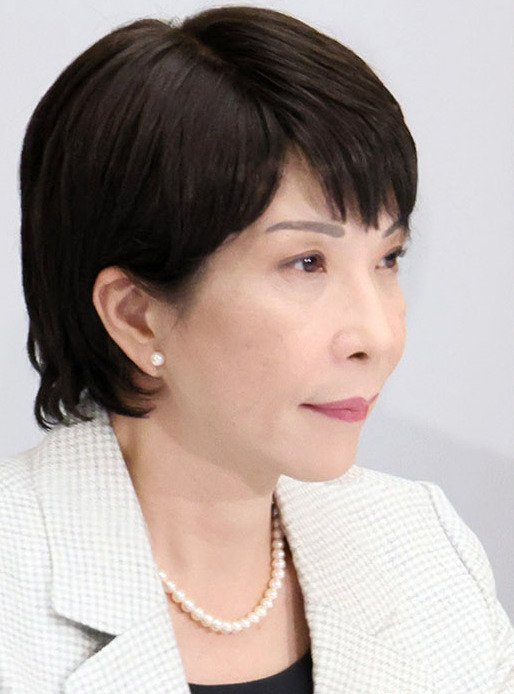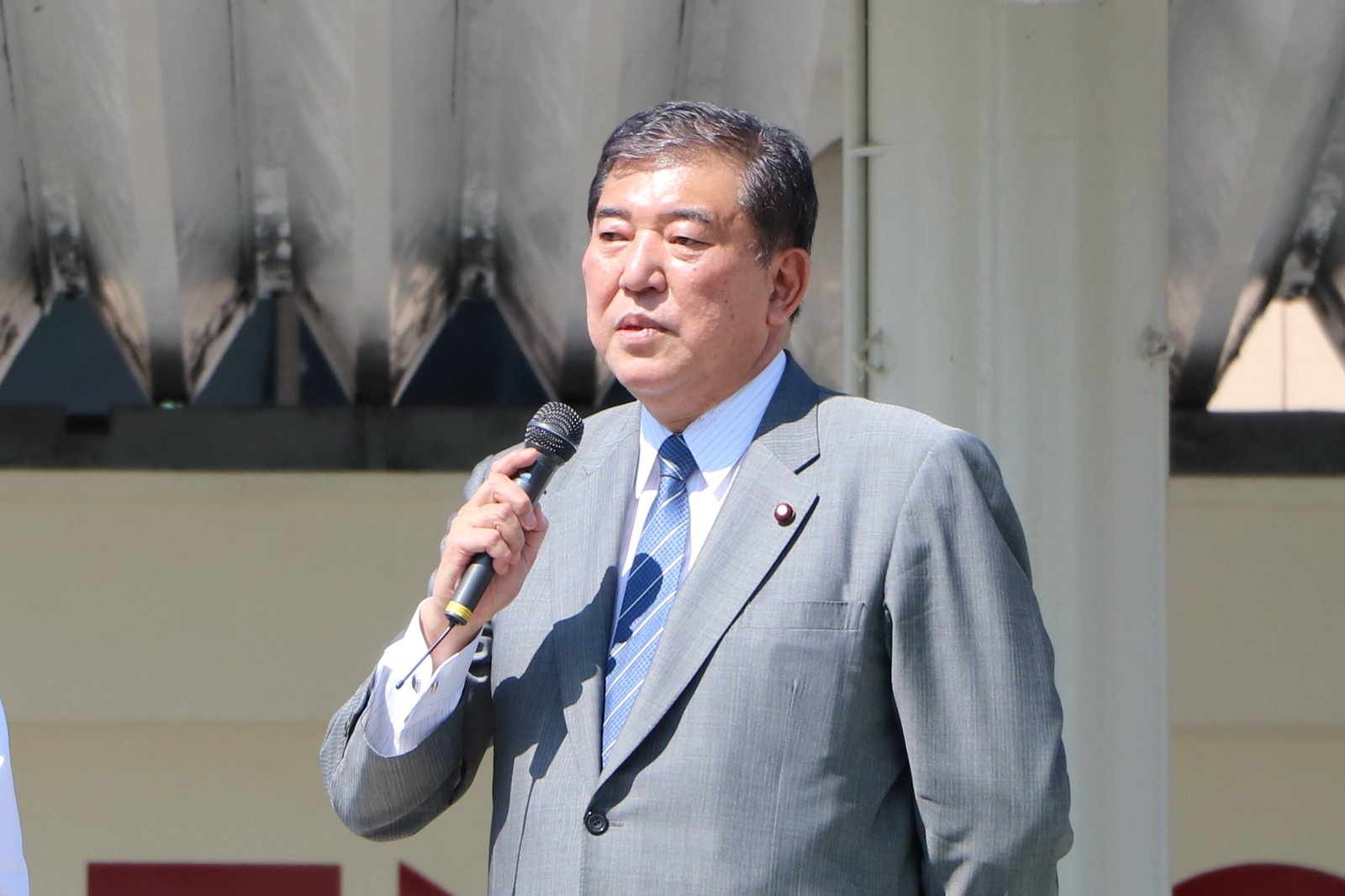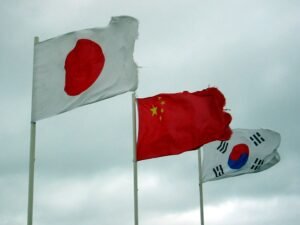Japan Accuses China of Airspace Violation Amid Rising Tensions

- Japan accuses China of violating its airspace with a military aircraft, marking a serious escalation in tensions.
- The incident involved a Y-9 surveillance aircraft near the Danjo Islands in the East China Sea.
- Japan’s chief government spokesman, Yoshimasa Hayashi, strongly condemned the incident, calling it a threat to their security.
- The incident underscores the importance of US-Japan defense cooperation and raises questions about managing territorial disputes in the region.
Japan has accused China of a serious violation of its sovereignty following what it claims to be the first confirmed incursion by a Chinese military aircraft into its airspace. The incident, which occurred on Monday at 11:29 a.m., involved a Y-9 surveillance aircraft off the Danjo Islands in the East China Sea. This significant escalation of tensions in the Asia-Pacific region has raised concerns about China’s growing military assertiveness, particularly in territorial disputes.
Japan, Washington’s closest ally in the region, responded by scrambling fighter jets to intercept the Chinese aircraft. The incident comes amid China’s increasing economic and military clout in the Asia-Pacific region, which has rattled the United States and its allies. The uninhabited Danjo Islands, where the incursion took place, are a group of small islets located in the East China Sea off Japan’s southern Nagasaki region. They are not disputed territory.
However, Japanese and Chinese vessels have been involved in tense incidents in other areas, particularly the remote Senkaku islands in the East China Sea, which Beijing claims and refers to as the Diaoyus. These incidents have further strained the already tense relations between the two nations.
China’s Growing Assertiveness
Japan’s chief government spokesman, Yoshimasa Hayashi, expressed strong condemnation of the incident, stating, The violation of our airspace by Chinese military aircraft is not only a serious violation of our sovereignty but also a threat to our security and is totally unacceptable. He further noted that China’s recent military activities near Japan have a tendency to expand and become increasingly active.
Analysts suggest that China may be probing Japan’s air defense network, seeking to obtain intelligence and exert pressure on Tokyo as it expands defense cooperation with the United States and other countries in the region alarmed by Beijing’s behavior. Yee Kuang Heng, a professor at the University of Tokyo, suggested that the Y-9 in Monday’s incident was likely probing Japan’s air defense network, collecting electronic intel such as Japan’s radar signals and coverage.
In response to Japan’s claims, China’s foreign ministry spokesman Lin Jian stated that China has no intention of violating foreign airspace, indicating that they are in the process of gathering information and verifying the situation. This statement, however, has done little to assuage concerns about China’s increasing military activities in the region.
Regional Security and Diplomacy
The incident comes at a time of heightened tensions in the region, with the Philippines also having recent confrontations with China in the South China Sea. Beijing claims the South China Sea — through which trillions of dollars of trade passes annually — almost in its entirety despite an international court ruling that its assertion has no legal basis. The Philippines defense chief Gilberto Teodoro on Tuesday called China the biggest disruptor of peace in Southeast Asia.
Japan, which has been staunchly pacifist for decades, has ramped up defense spending with U.S. encouragement, moving to acquire counter-strike capabilities and easing rules on arms exports. Tokyo is also providing funding and equipment such as patrol vessels to countries across the region, and agreed in July on a deal with the Philippines allowing troop deployments on each other’s soil.
The incident underscores the importance of US-Japan defense cooperation and may prompt further engagement from the international community. It also raises questions about the effectiveness of current mechanisms for managing and resolving territorial disputes in the region.
As tensions continue to rise, the international community will be watching closely to see how these developments unfold and what implications they may have for regional security and diplomacy. The incident serves as a stark reminder of the delicate balance of power in the Asia-Pacific region and the potential for escalation if diplomatic solutions are not found.












Post Comment